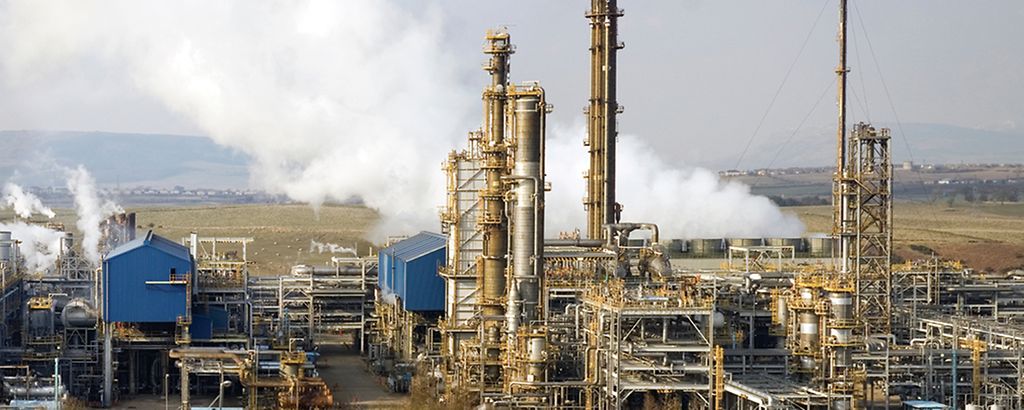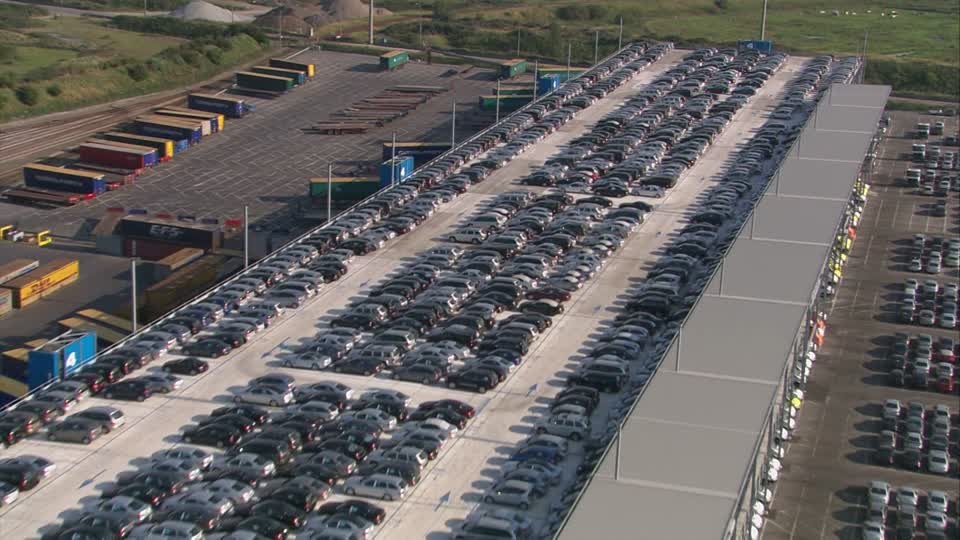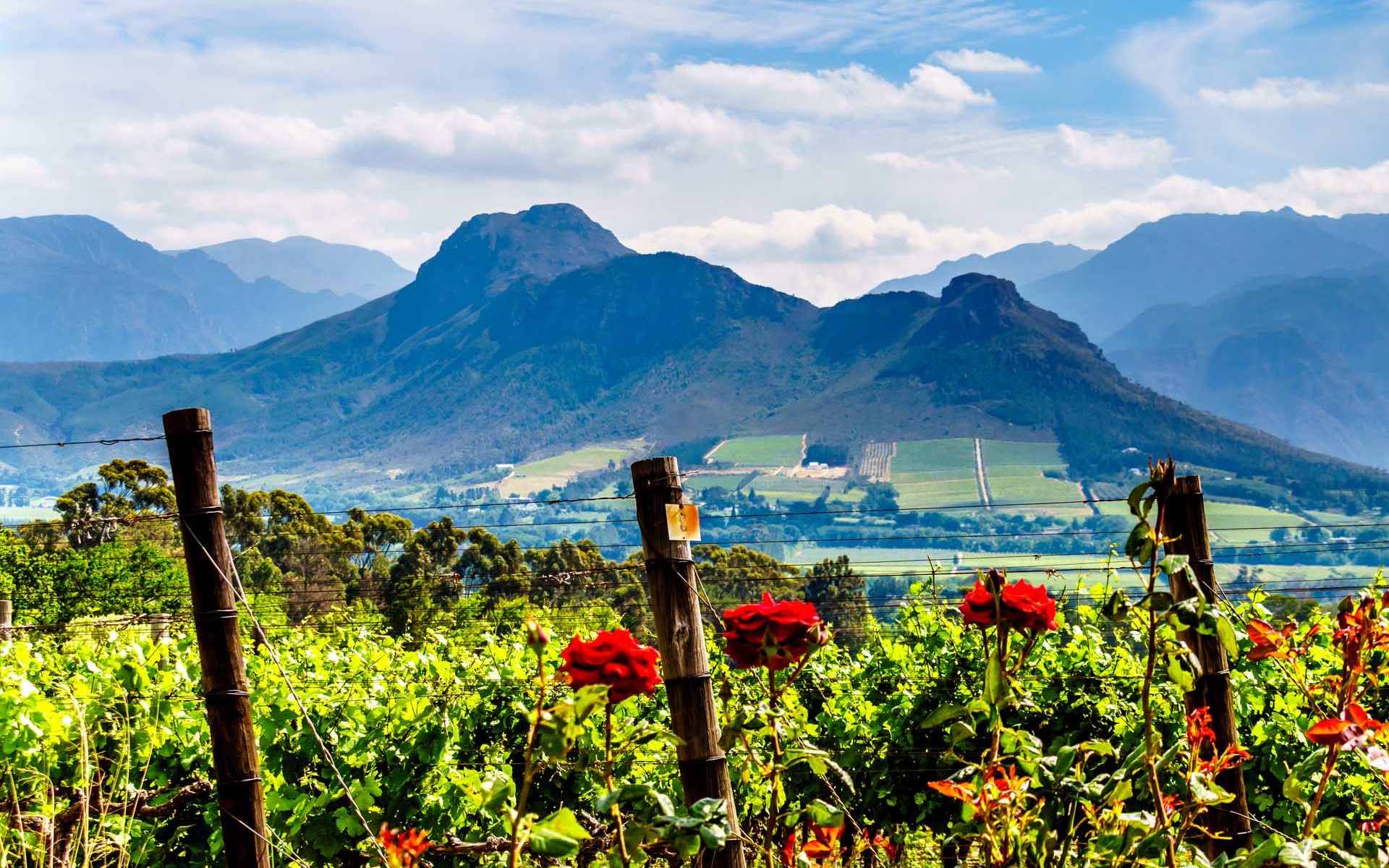With the aim of strengthening effective managements of the country, Ministry of Industry has set up four polices and two visions in accordance with 12 economic objectives of the country.
Ministry of Industry has aimed at utilizing modernized and advanced techniques of agriculture to develop Agro-base industries, Agri-Business, Agro-Products, and continue the task for the establishment of Heavy Industries.
In order to strengthen increased exports, efforts are being made to drive the implementation of small and medium enterprises can stimulate substitution of imports with domestic products and also strengthen increased exports.
Moreover cooperation between private sectors and inviting participation has made to invite technical know-how and investments. The Ministry also tries to increase Production of Value-Added Commodities by effective utilization of natural resources and raw materials. It is of great importance to ensure sustainable development without environmental impact and to utilize energy efficiently and renewable energy.
Quality of products
To assess the quality of products of micro, small and medium enterprises nationwide, region and state governments are urged to exhibit local products of micro, small and medium enterprises-MSMEs products in respective regions. In order to gain balanced growth, MSMEs are required to cooperate more with each other at regional and national level.
In accordance with the ASEAN Strategic Action Plan for SME Development ASEAN SAP SMED 2016-2025 plan, Myanmar is also working for growth of the country’s SMEs. Therefore a holistic way of viewing is needed to address the challenges and obstacles facing in the country.
Early stages of industrialization
Myanmar is still in the early stages of industrialization, around 57% of the total population is employed in the agricultural sector and there can be seen a stagnation of growth. Myanmar is highly dependent on exports of natural resources like natural gas, agricultural products, a few primary commodities and labour-intensive manufacturing products with low value-added. The Ministry of Industry has focused on how to promote the private sector based on industrial modernization.
The majority of the manufacturing industries are labour-intensive products like textiles and garments. That’s why it is needed to produce higher-value commodities which can achieve long-term economic growth in the long run. In this regard, the ministry has put priorities on the betterment of Human Resource Development (HRD), along with Small and Medium Enterprises Development and Restructuring of State-owned enterprises. It is needed to invest in the education sector towards the development of high-skilled human resources.
Advantage of labour market
Myanmar is rich in natural resources and has the comparative advantage of low-cost labour which can contribute the economic growth.
Moreover, Myanmar has great growth potential due to its advantageous geographical location at the juncture of the Association of Southeast Asian Nations (ASEAN) and borders of the world’s most dynamic and fast-growing countries such as China and India. It is of great importance for the rural communities to benefit from the economic growth and industrial development.
Small and Medium-sized Enterprises (SMEs)
SMEs are the main driving force of the country’s economy and the government is striving to obtain cash investments, main infrastructure requirements of electrical power and obtaining loans without collateral.
According to a research conducted by Central Statistics Organization, 98 per cent of the more than 120,000 businesses registered in Myanmar are SMEs. In the employment sector, of the 21.9 million workers, 83 per cent are working in un-registered SMEs.
As for the entrepreneurs, they should take advantage of the Myanmar Companies Law, which guarantees to consider a company with a 35 per cent share of foreign investment as a citizen-owned company.
Human resource development
Ministry of Industry sends government staff to foreign countries where they can attend workshops and seminars with the aim of empowering human resource development and raising living standards as well as socio-economic status of the country.
While the demand for skilled labour is high in Myanmar, there are not enough trained workers to meet the needs of the job market. And yet youths and young adults want skill training and employment opportunities. The Ministry of Industry has opened many vocational training schools with the aim of creating job opportunities for the youths in Myanmar.
During the training period, the trainees have to visit the industrial zones and learn practical experiences. The one who got the certificate of successful completion of the course can join any of the factories or mills in any country. The school (SITE) admission has increased up to the some 240 students. The school has taught auto industrial production system and its technology, computer-controlled metal cutting and designing, management and technology on water and sewage, technology on renewable energy such as solar and wind power and training for skill on wood finished products and furniture.
Source: http://www.industry.gov.mm/en/article/news/904










